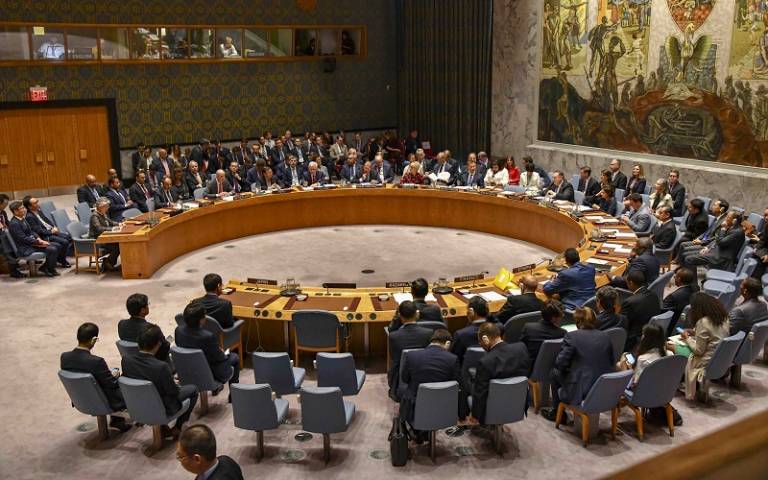The UN and Atrocity Crimes: The Over-Politicisation of Decision-Making in the Security Council
19 November 2018
This paper critically assesses the ability of the United Nations to respond to atrocity crimes such as genocide, war crimes, crimes against humanity or ethnic cleansing.

By Martin Davenas (LLM in Human Rights Law, Queen Mary University London)
This paper critically assesses the ability of the United Nations (UN) to respond to atrocity crimes such as genocide, war crimes, crimes against humanity or ethnic cleansing. It argues that, as a result of the over-politicisation of the decision-making process in the Security Council (SC), the UN has failed on many occasions to protect human lives and human rights. Too often, the international community has ignored urgent crises or responded too late. In other cases, interventions ostensibly carried out in the defence of human rights have been used to further the specific interests of powerful states and/or they have had serious adverse effects on local populations. The paper concludes that this has larger consequences for the legitimacy of the SC and the UN as a whole, pointing to the urgent need to reform the decision-making process in the SC.
To access the full Working Paper: The United Nations and Atrocity Crimes: The Over-Politicisation of Decision-Making in the Security Council (PDF)
 Close
Close


